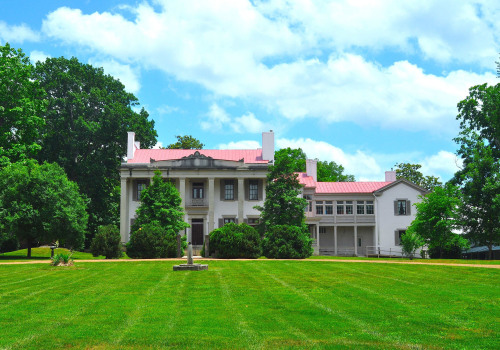As a long-time resident and expert in the hospitality industry, I have witnessed the rise of short-term rentals in Nashville, TN. With the city's popularity as a tourist destination, homeowners have found a new way to generate income by renting out their properties to travelers through platforms like Airbnb and VRBO. However, this increase in short-term rentals has also raised concerns about its impact on the local community and the regulations put in place by the city.
The Rise of Short-Term Rentals in Nashville
Nashville has always been a top destination for tourists, known for its vibrant music scene, delicious food, and southern charm. In recent years, the city has experienced a significant increase in visitors, with over 15 million tourists in 2018 alone.This influx of tourists has led to a high demand for accommodations, and many homeowners have taken advantage of this by listing their properties on short-term rental platforms. According to data from AirDNA, there are currently over 7,000 active short-term rental listings in Nashville. These range from entire homes and apartments to private rooms within a host's residence. The majority of these listings are located in popular neighborhoods such as Downtown, East Nashville, and The Gulch.
The Impact on the Local Community
While short-term rentals have brought economic benefits to homeowners and the city as a whole, there have also been concerns about their impact on the local community. One of the main concerns is the effect on the availability and affordability of long-term housing.With more properties being used for short-term rentals, there are fewer options for long-term renters, leading to an increase in rent prices. Another concern is the disruption to residential neighborhoods. Many residents have complained about loud parties and an increase in traffic and parking issues due to short-term rentals in their neighborhoods. This has led to tensions between homeowners and short-term rental operators, with some neighborhoods even implementing restrictions on these types of rentals.
Regulations on Short-Term Rentals in Nashville
In response to these concerns, the city of Nashville has implemented regulations on short-term rentals. These regulations aim to strike a balance between allowing homeowners to rent out their properties and protecting the interests of the local community. One of the main regulations is the requirement for homeowners to obtain a permit from the city before listing their property on a short-term rental platform.This permit costs $50 and must be renewed annually. Homeowners must also pay hotel occupancy taxes on their rental income, just like traditional hotels. These taxes go towards funding tourism-related projects and initiatives in the city. Additionally, there are restrictions on the number of guests allowed in a short-term rental property. The maximum number of guests allowed is determined by the size of the property, with a limit of two guests per bedroom.
There are also noise restrictions in place, with quiet hours from 10 PM to 7 AM.
Challenges for Short-Term Rental Operators
While these regulations may seem straightforward, they have posed challenges for short-term rental operators in Nashville. One of the main challenges is obtaining a permit from the city. The process can be time-consuming and complicated, with strict requirements that must be met. This has led to some homeowners operating without a permit, which can result in fines and penalties. Another challenge is keeping up with changing regulations.The city has made several changes to its short-term rental laws in recent years, including a ban on non-owner occupied short-term rentals in residential areas. This has caused confusion for homeowners and operators, who may not be aware of these changes and could unknowingly be in violation of the law.
The Future of Short-Term Rentals in Nashville
As the city continues to grow and attract more visitors, the demand for short-term rentals is likely to increase. However, it is essential for homeowners and operators to understand and comply with the regulations put in place by the city. This will not only ensure a positive relationship with the local community but also protect their investment in the long run. Furthermore, it is crucial for the city to continue monitoring and adjusting these regulations to address any issues that may arise.This will help maintain a balance between the economic benefits of short-term rentals and the well-being of the local community.




